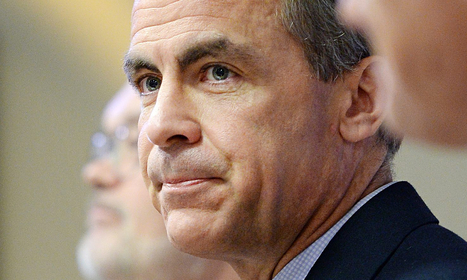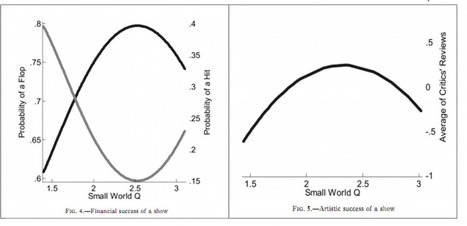Although culture is much more than an “enabler” of strategy, it’s no substitute for it.
Research and publish the best content.
Get Started for FREE
Sign up with Facebook Sign up with X
I don't have a Facebook or a X account
Already have an account: Login

Shipley Asia Pacific: Business Development - Support leaders improve their BD as a process, not a job description. e.g. full BD-CMM - aka Market Entry, Segment Positioning, Capture Planning & Coaching, Bid and Proposal Planning and Management, Customer Success Stories
Curated by
Jeremy Pollard
 Your new post is loading... Your new post is loading...
 Your new post is loading... Your new post is loading...

Joyce Layman's curator insight,
April 4, 2014 12:25 PM
An American Management Association study of Fortune 500 companies found that “…less than 50% of changes in their organizations were successful, and that employee resistance was the main reason for failures.” This is why it's necessary to focus on the person. 
Susan Burnell's curator insight,
April 4, 2014 12:43 PM
Change starts with awareness. This article has excellent insights, along with an easy-to-understand chart from Erica Ariel Fox on leaders' power sources and "sweet spots." |
|
































I think culture is more important than strategy.
Kan Favaro puts a nice, balanced argument for being, well, balanced about strategy Vs culture being strategy AND culture being important.
However, my experience is that the majority of executives I've met and worked with, especially those with a strong analytic or financial background are too 'heavy' in strategy being the answer to everything, typically at the expense of culture.
And that this is a heightened imbalance during a recession or difficult times for a company.
In citing the importance of strategy being necessary to start a company Favaro for me, misses the point that it is the culture of the company that shapes the strategy at start-up (unless the bankers have taken over very early) - including the ability of the culture to initiate and support aware and adaptive strategy.
And if we look at the most common scenarios for executives these days, sustaining predictable growth and/or coping with disruptive change, can anyone show me where strategy has helped (Vs culture)?
For example, the lazy way to growth is to have a Mergers & Acquisitions 'strategy' - which most analysis says fails because of failures to understand and integrate the different cultures of the acquired companies.
Or that no amount of brainstorming (and massive consulting fees) on strategy by/for a company with culture of of self-absorption and poor market/customer focus will create innovation and adaption.
The more I think about is, without the right culture, there can be no good strategy.
And without the right culture, even a grafted on strategy will fail.
All makes me wish I understood more about culture in the context of company.
Which I why I've just started reading "Working Below The Surface" by David Armstrong and the team at the Tavistock Clinic in the UK. http://j.mp/1nSqp1p